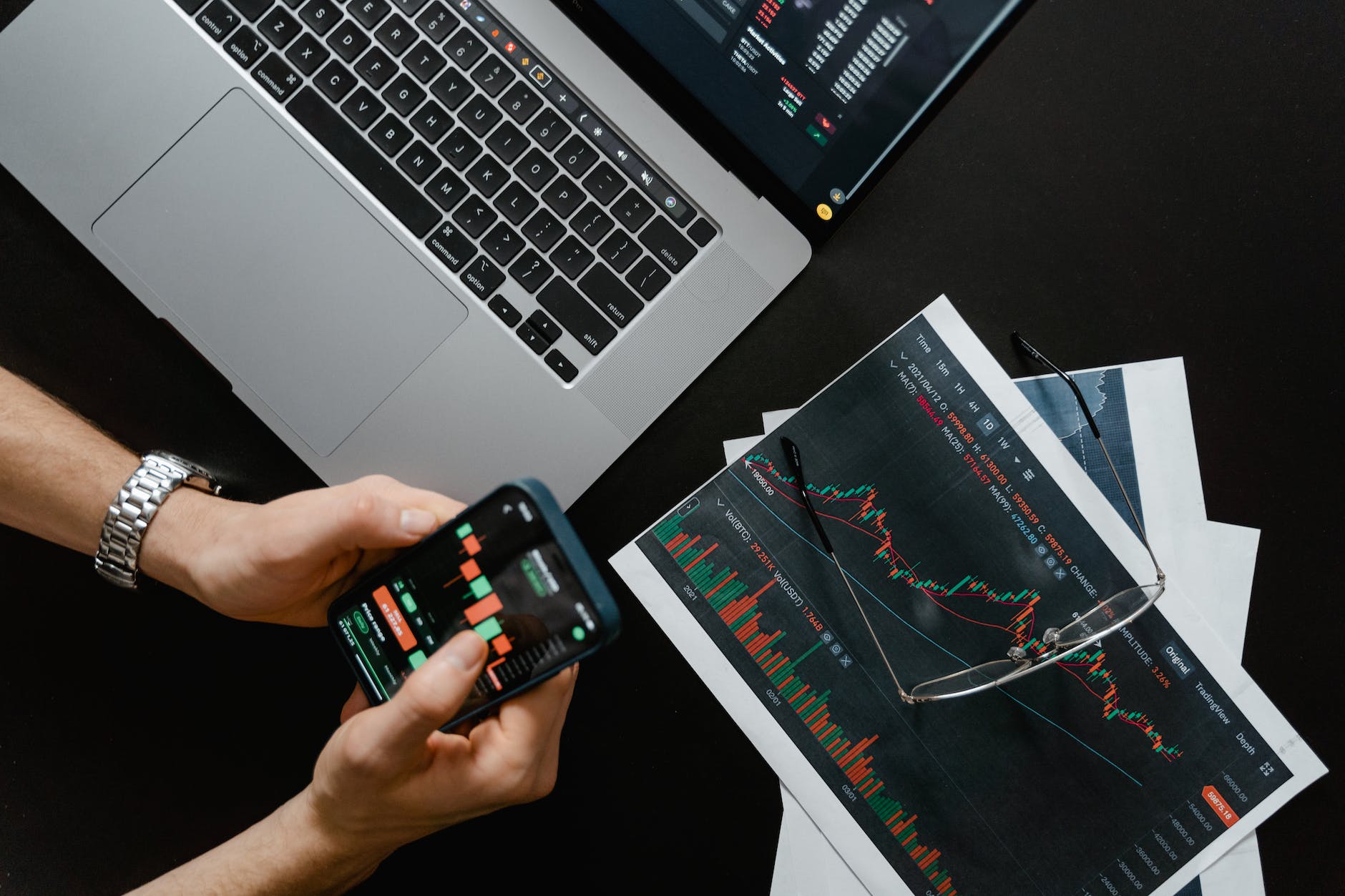The world of finance and investment is rich and diverse, offering a plethora of opportunities for wealth creation. One such avenue is the stock market, an institution that has stood the test of time as a potent wealth creation machine. This article delves into the intricacies of the Nairobi Stock Exchange (NSE), a vibrant marketplace for shares of profitable companies in Kenya. From understanding what the stock market is to the process of buying shares, this guide aims to provide a comprehensive overview of investing in the Nairobi Stock Exchange.
A Primer on The Stock Market
Think of a stock market as a bustling marketplace, only instead of goods, there’s trading of company stocks. These stocks, also known as shares or securities, represent fractional ownership in a company. When you buy a company’s stock, you essentially become a part-owner of that company, albeit on a very small scale.
The Appeal of Stock Investment
Investing in stocks is appealing for two primary reasons: dividends and capital gains. When a company makes a profit, it often shares a portion of this profit with its stockholders in the form of dividends. This is a tangible return on your investment, money that goes directly into your pockets.
Capital gains, on the other hand, are a result of the buy low, sell high strategy. This means you buy a company’s stock at a certain price and aim to sell it at a higher price, thus making a profit.
The Nairobi Stock Exchange: A Brief Overview
The Nairobi Securities Exchange is Kenya’s principal stock exchange. Despite some recent downturns, it remains a significant asset class for investors looking to build wealth. NSE hosts shares of some of Kenya’s most profitable companies, including Safaricom PLC, Equity Group Holdings, Kenya Commercial Bank, and East African Breweries, among others.
How to Buy Shares on the Nairobi Stock Exchange
Before you can start trading on the NSE, you need to open a Central Depository System (CDS) account. The CDS is an institution that facilitates the holding and transfer of shares traded on the stock exchange. However, you can’t just walk into the NSE and start trading; you need a stockbroker’s assistance.
Choosing Your Stock Broker
Your stockbroker is your conduit to the Nairobi Stock Exchange. They are the ones who will help you buy or sell shares. However, not all brokers are created equal. When choosing your broker, consider their fees, technological capabilities, regulatory status, and customer service.
Trading Assets on the Nairobi Stock Exchange
While stocks are the NSE’s main trading asset, it also hosts other assets like Real Estate Investment Trusts (REITs) and a gold Exchange-Traded Fund (ETF).
Investment Capital: How Much Do You Need?
The minimum number of shares you can trade on the NSE is 100. Therefore, the amount of money you need to start investing depends on the price per share of the stocks you want to buy.
Understanding Taxes on Stock Investments
Investments on the NSE are subject to capital gains tax. Currently, capital gains are taxed at 15%, and dividends attract a 5% withholding tax for local investors.
Conclusion
Investing in the Nairobi Stock Exchange can be a lucrative venture if done right. However, like any other investment, it requires knowledge, strategy, and patience. With this guide, you are now equipped with the basics of trading on the NSE.
Remember, the stock market is not a get-rich-quick scheme but a wealth creation tool. Invest wisely, and you could reap dividends, both literally and figuratively. Happy investing!











